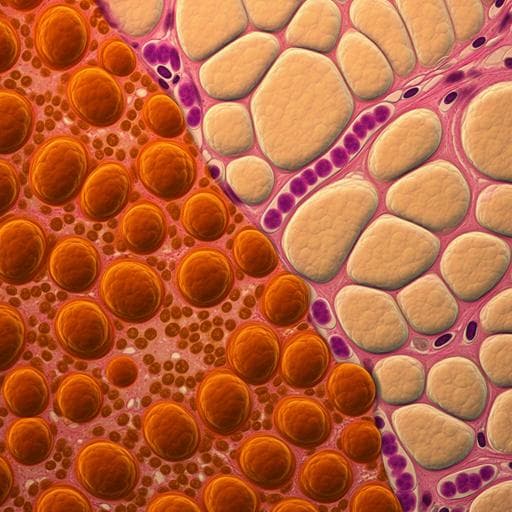
Medicine and Health
Maternal high-fat diet programs white and brown adipose tissue lipidome and transcriptome in offspring in a sex- and tissue-dependent manner in mice
C. Savva, L. A. Helguero, et al.
This research reveals how a maternal high-fat diet influences the metabolic profile of offspring differently based on sex. While female offspring experience beneficial metabolic adaptations, male offspring face adverse changes. The study conducted by Christina Savva and colleagues offers intriguing insights into the long-term health implications of maternal diets.
Related Publications
Explore these studies to deepen your understanding of the subject.







